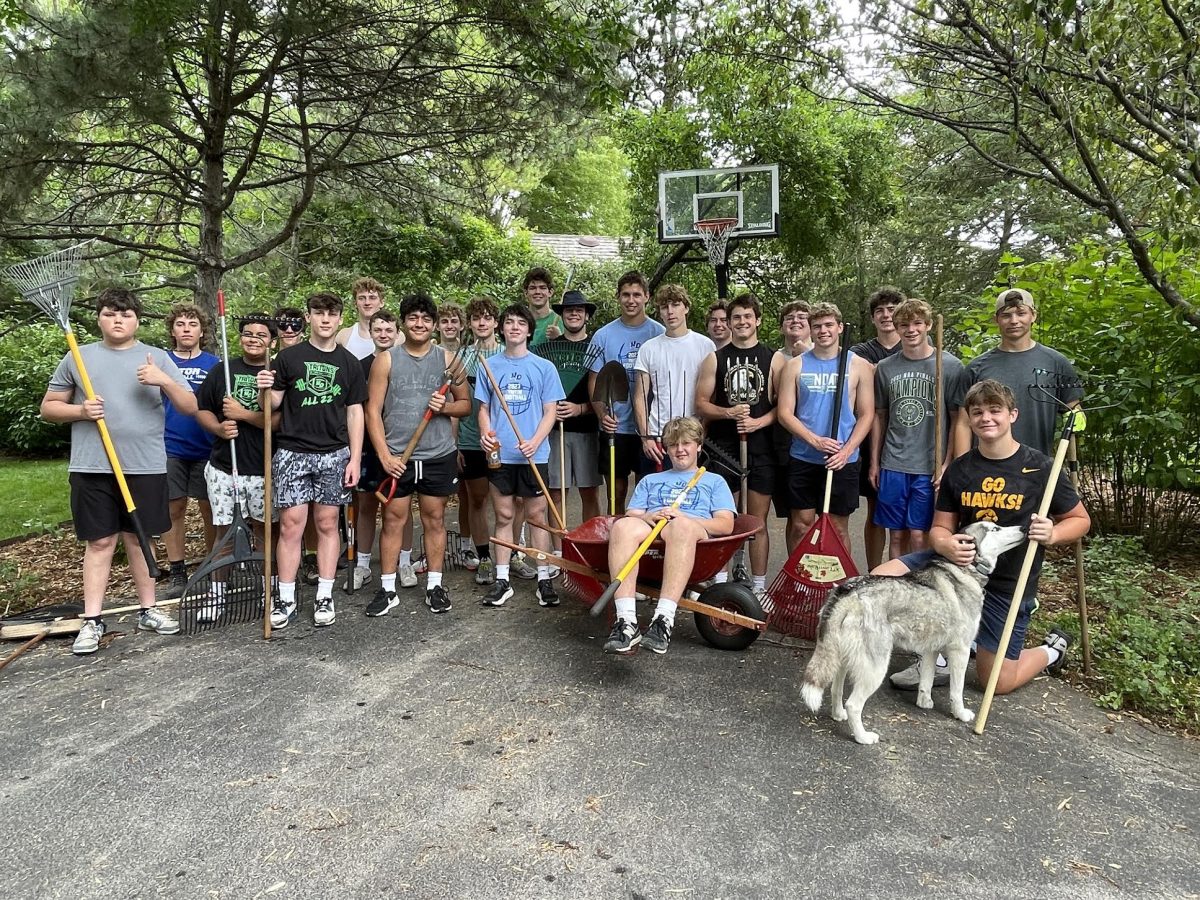Having a Job as High Schooler–Good or Bad? or Both?
April 26, 2022
According to Walden University, nearly 30% of high school students are employed for at least a portion of the school year.
Having a job as a high schooler comes with many benefits; students learn about the workforce and improve their work ethic while earning money.
It can also build time management skills and teach students the value of money.
However, there can be drawbacks, as well.
An example is junior Riley Ditscheit, who works 20 hours a week at Chick-Fil-A, and says the money she makes “is used to offset the high cost of gasoline, but the long hours mean less time with my friends and less time for my schoolwork.”
Likewise, senior Steph Garcia works at least 30 hours a week at Margarita’s because she likes “making my own money.” Nevertheless, she admits that that many hours on the job “definitely gets in the way of having time to do schoolwork.”
The Journal of Educational Research found that working over 20 hours per week while in high school can be tied to worsened academic performance.
Some say that this can lead to burnout and negative views about the workforce.
On the other hand, jobs can build feelings of independence and confidence, teaching students leadership and conflict management skills.
“I love my job because I learn how to serve my community in new ways,” shared freshman Brynn Nelson. “Also, you get to earn money.”
The Washington Post says that working students learn to “allocate their time more efficiently, learn about workplace norms and responsibilities and are motivated to study harder in their classes so they can achieve a certain career goal.”
However, additional research suggests that the amount of time students spend working can determine whether having a job is beneficial or not.
The Institute for Social Research at the University of Michigan tracked students from adolescence to young adulthood and found that working over 15 hours a week senior year could lead to decreased college completion rates and heighten the risk of chronic cigarette usage.
“The students who seem to do best are those who are able to get and hold a job by the time they are seniors in high school but do not work over 15 hours per week, on average,” shared Jared Bachman, the University of Michigan psychologist who led the study.
This suggests that for high school students considering getting a job, it is important to consider all of the variables: the student/ family’s reliance on the income, schoolwork, scheduling, availability and other factors.










































